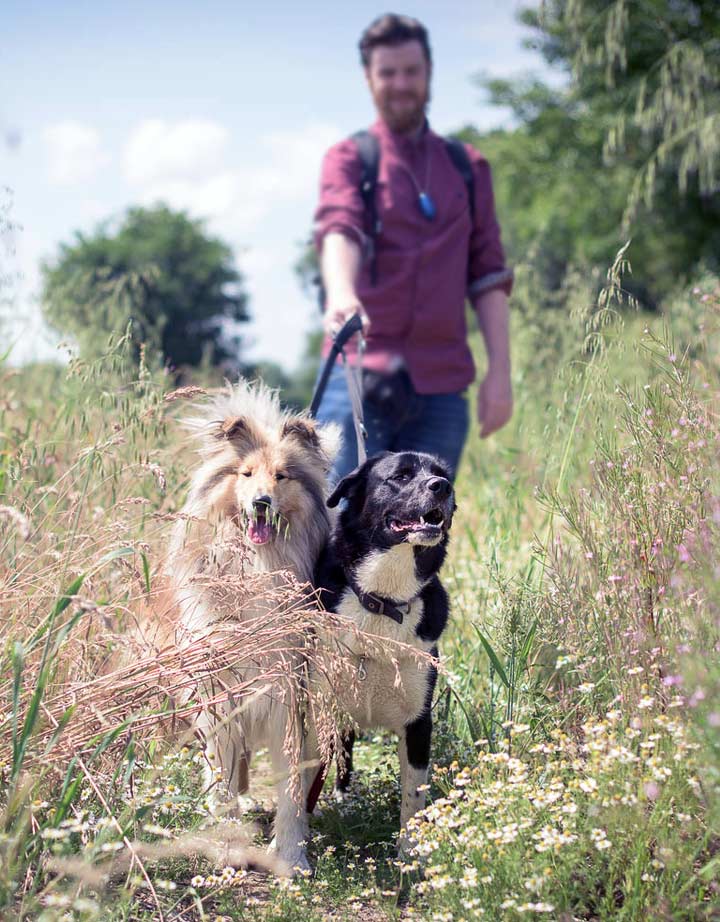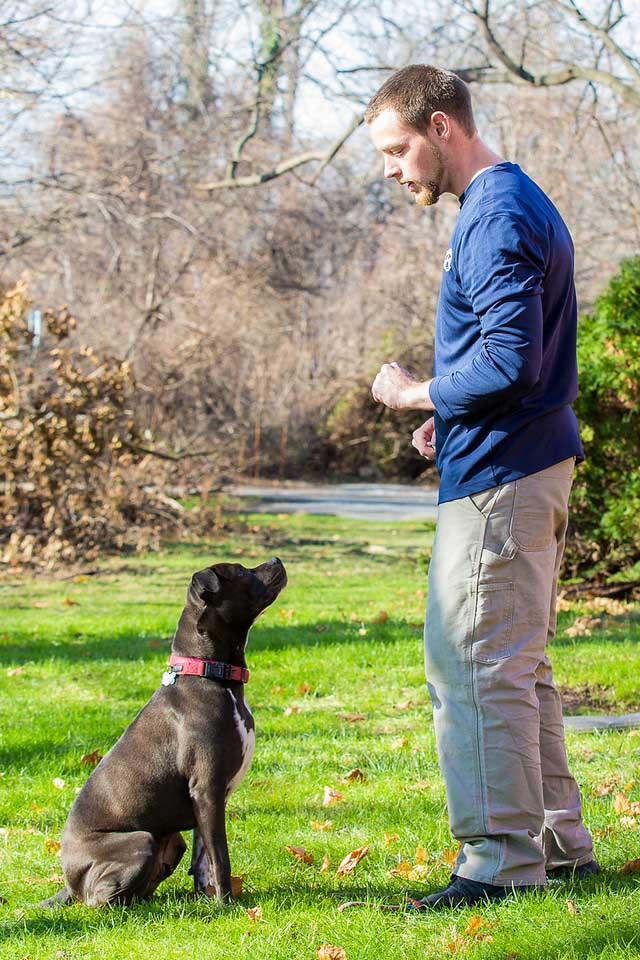
Choosing a local dog trainer
Dog owners seek out professional trainers for a variety of reasons. Some will be looking for basic puppy training, some need help training willful dogs and those with behavioural problems and others may want to put their dog through obedience training for shows or maybe agility training. As such, the most obvious thing to do is draw up a shortlist of trainers who offer the right kind of training. As always, if you have friends whose dogs have been to a trainer, ask him or her for feedback. If both you and the dog owner are happy with the results (we all have different expectations and opinions), that’s a good place to start.
Training and Association Memberships
Almost anybody can call themself a dog trainer, but if you’re looking for professional trainer you’ll want to find one who has undertaken accredited training themselves and is a member of one of the accredited dog trainer organisations in the UK. One such training body in the UK is the APDT (Association of Pet Dog Trainers) but there are others. Members of such associations will typically carry a logo on their websites to demonstrate this, usually with a link which allows you to confirm their membership.
As with almost all things dog, we strongly recommend meeting any prospective trainer(s) prior to making bookings. Watch how the dog and trainer interact and be sure your dog seems relaxed and happy. Trust your instincts. If you feel a trainer isn’t for you, keep looking. The same applies if your dog is normally friendly but seems nervous or reserved around a trainer. If your dog is uncomfortable, training will be harder.

Ask as many questions as you can about how the trainer works with dogs and don’t hesitate to ask for plain-English explanations. Generally you’re looking for a trainer who uses positive reinforcement during training. Reward-based training, if you like. Be sure to explain exactly what you want your dog to be trained to do, to avoid misunderstandings, and if the trainer offers training in areas that don’t interest, say so. There’s no sense in paying to have a dog trained to do something you don’t want him or her to be able to do!
It’s always interesting to ask if you can sit in and observe a training session, while the trainer works with another customer’s dog. Or even have a first session with your own dog before committing to a training contract. Watching one session can tell you as much as any number of explanations.
If you’re looking for an agility dog trainer, ask if the agility instructor actually trains and competes with their own dogs, or did so in the past. If so, their results may tell you something about their ability and if not, you may want to look for a trainer with more experience.
Solo or group training?
Some dog trainers, depending on the type of training involved, will offer both group and individual training options. Individual training tends to be more expensive, but means your dog gets one to one contact and the absolute attention of the trainer. By definition, individual courses mean your dog won’t be interacting with other dogs, which won’t be so helpful if socialisation is one of your concerns.
If you want your dog to be socialised, group training is a great option. Another advantage is that other people will be interacting with and handling your dog, which helps when they need to take them to a vet or when you go on holiday and somebody else has to take care of your dog. The other benefit of group training classes is that they allow owners to see how other people handle and interact with their dogs.


